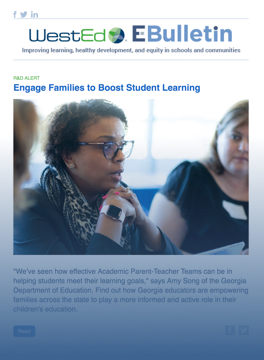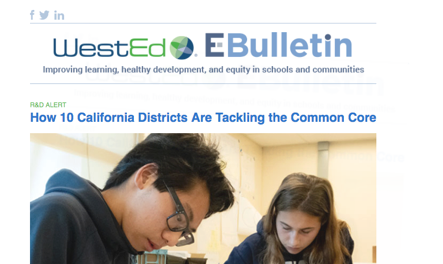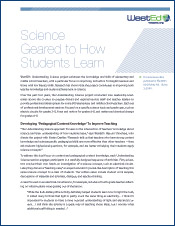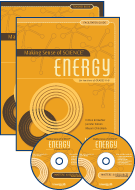Science Learning for Teachers That Improves Students’ Achievement
Description
Professional development programs can document a positive impact on participating teachers, but does it make any difference for students?
According to several rigorous research studies analyzing WestEd’s Making Sense of SCIENCE professional development, the answer is a resounding yes.
Professional development improves teachers’ science and literacy understanding and pedagogical content knowledge so effectively that their students’ learning benefits significantly. A recent study found that students whose teachers participated in the professional development outperformed comparable students by more than 40 percent.
Using a case-based approach, similar to what helps doctors, lawyers, and other professionals wrangle with the ambiguities of knowledge in practice, Making Sense of SCIENCE provides teachers with tools to examine common misunderstandings about science topics—for example, incorrectly equating the concept of energy with a force or power.
After collaboratively analyzing student work in the case, teachers work with colleagues to identify effective interventions for students. Teachers also focus on literacy by exploring the language of science and how to use it to communicate with students and represent concepts in different ways.
Core components of Making Sense of SCIENCE include:
- Science Investigations
- Literacy Investigations
- Teaching Investigations
- Classroom Connections
Resource Details
Product Information
Copyright: 2012Format: PDF
Pages: 4
Publisher: WestEd
Stay Connected
Subscribe to the E-Bulletin and receive regular updates on research, free resources, solutions, and job postings from WestEd.
Your download will be available after you subscribe, or choose no thanks.







